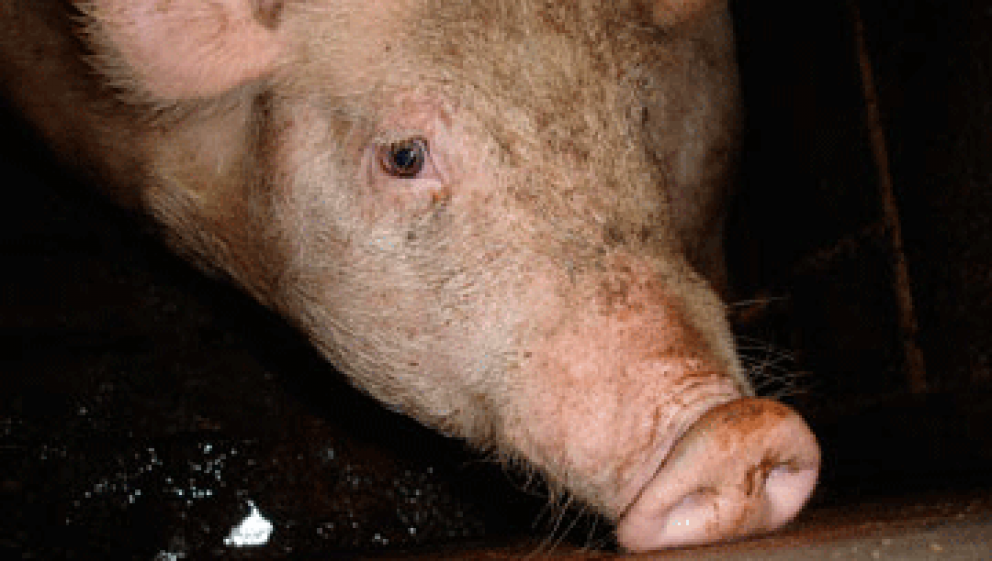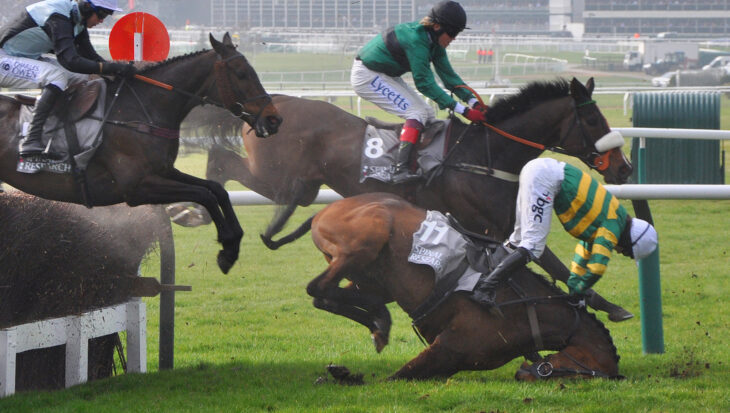It is expected that, during tomorrow's Queen’s speech, the Government will announce an animal welfare strategy. It has been reported in various places, most recently in the press this weekend, that the strategy will, among other things, include a ban on fur imports and the live export of animals, plus stop the horrendous practice of gassing pigs with carbon dioxide. Sadly we have been told that animal experimentation will not be covered by this Defra strategy, because they are under the remit of the Home Office.
Our campaigns have, over more than 40 years, proven how terribly animals are treated by many industries – farming, shooting, horse-racing, slaughterhouses and animal experiments. And so we welcome legislation that ends animal suffering. We obviously want to see a world where every animal is able to live their life, free from harm and exploitation at the hands of humans.
Here are some of the areas, apart from animal experiments, where we have the greatest concern about animals and the most egregious cruelty that they suffer. We would like to see:
If these elements were covered in the strategy, it could, potentially, carve the UK out as a progressive, compassionate place, where animals do have certain rights, which are not only acknowledged, but also protected in law.
We will be watching and listening to the speech and associated announcements, We truly hope the strategy really is the turning over of a new leaf, rather than an attempt to greenwash the harming and killing of millions of animals.

